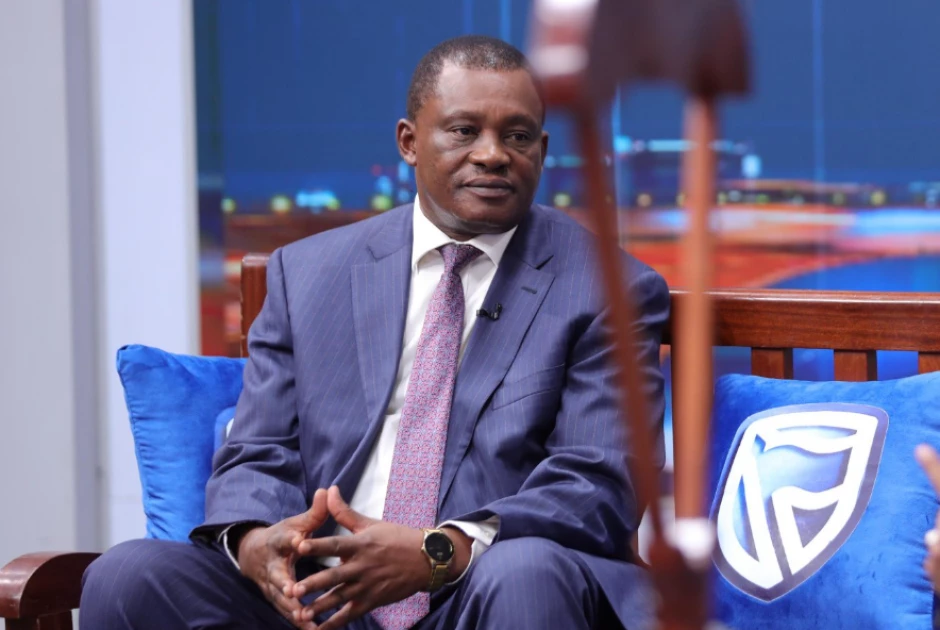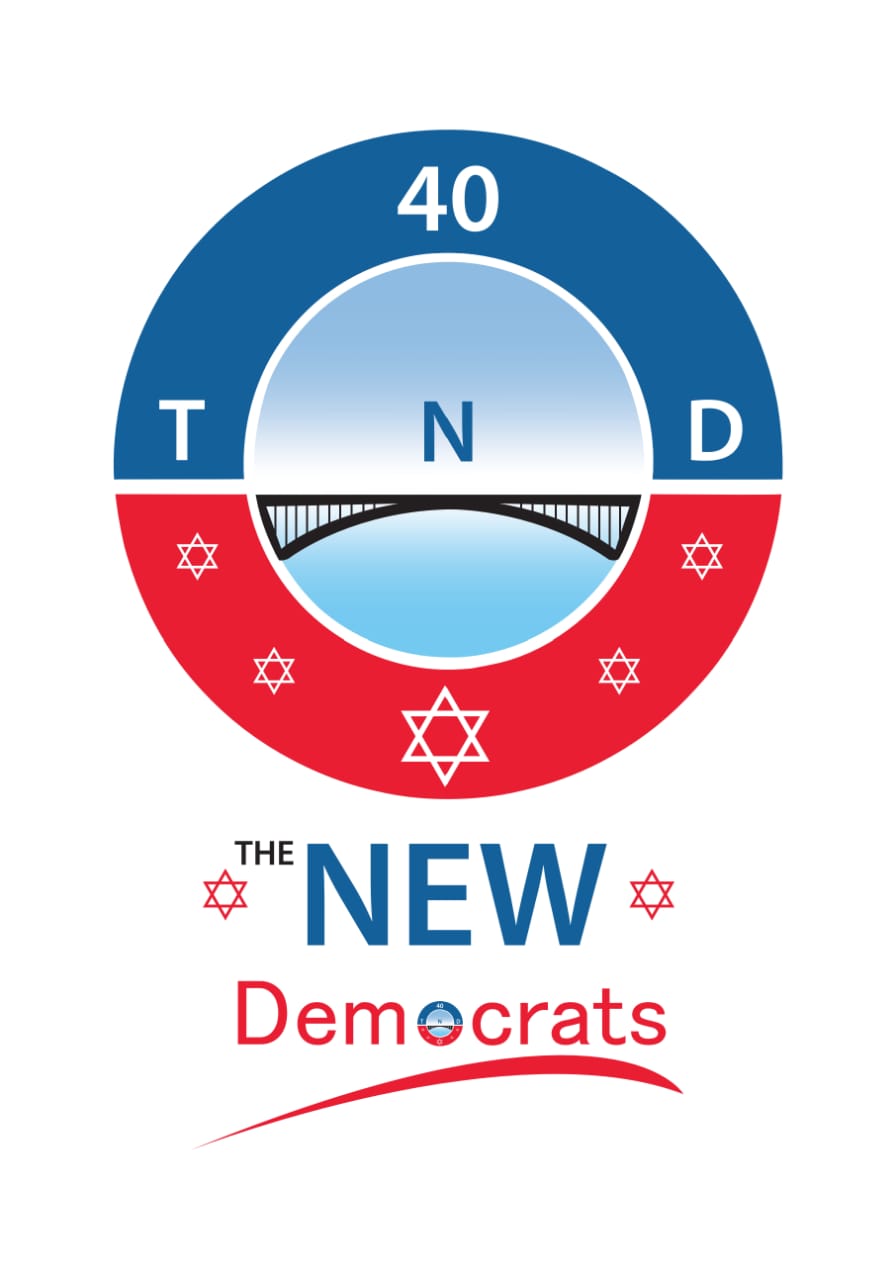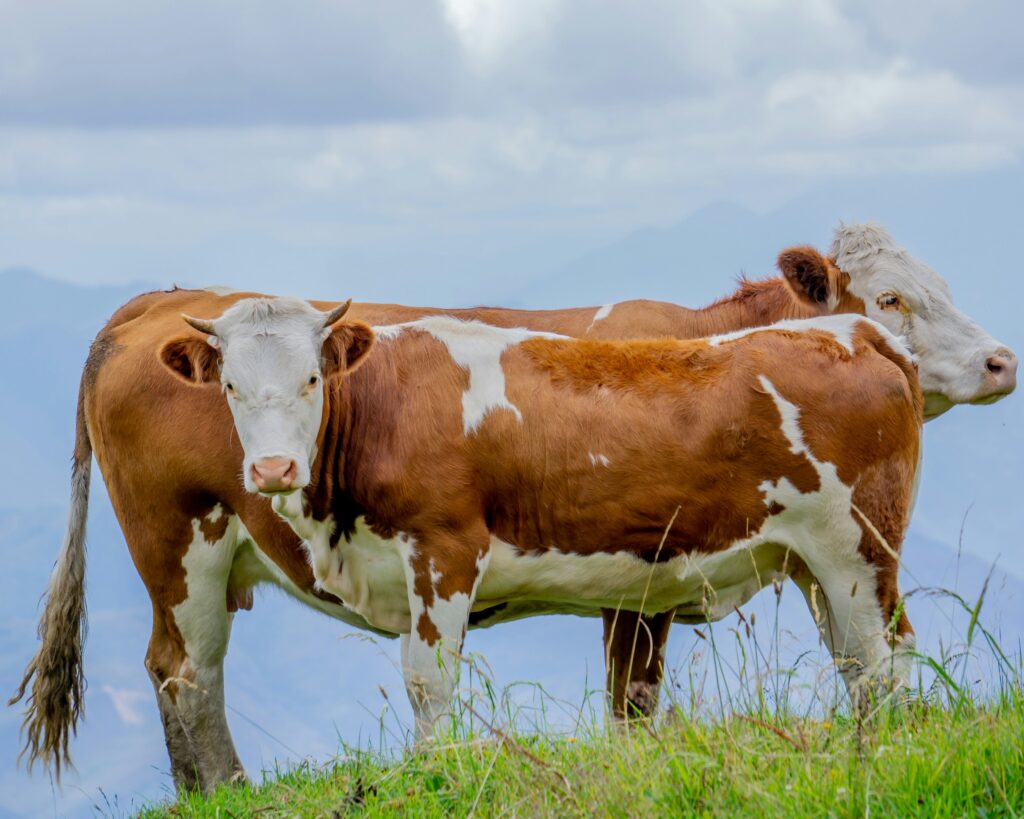In Defense of President William Ruto: A Response to Rigathi Gachagua and Justin Muturi’s Misleading Allegations
The political heat in Kenya has recently been intensified by a barrage of allegations leveled against President William Ruto by none other than former Deputy President Rigathi Gachagua and former Attorney General-turned-political commentator Justin Muturi
These two former allies have suddenly turned into vocal critics, making wild claims that not only lack substance but are clearly aimed at gaining public sympathy and salvaging their waning political capital.
While the people of Kenya are keen on truth, accountability, and transformation, it is important that facts and logic guide our national conversations — not political theatrics. President William Ruto, having taken over the reins of government in September 2022, has remained committed to delivering on his promises through the Bottom-Up Economic Transformation Agenda (BETA), battling debt, fighting cartels, restoring dignity in public service, and streamlining operations within government agencies.
Let’s take a critical look at the key allegations and expose them for what they are — desperate political propaganda.
Allegation I: President Ruto sidelined Mt. Kenya leaders and regions after the elections
Response
This claim has been spearheaded by Rigathi Gachagua, who now pretends to speak for the Mt. Kenya region, conveniently forgetting that he has been the deputy president of the Republic for two years. If there was any real sidelining of the region, why did he remain quiet all this time? Why didn’t he raise this concern in Cabinet, in party caucuses, or during national events where he shared the stage with the president?
Truth is, President Ruto has continued to invest heavily in Mt. Kenya. Billions have been allocated to infrastructure, agriculture (especially coffee reforms), health, education, and trade. The Mount Kenya region remains an economic powerhouse, and the president has continued to support projects such as roads, dams, and economic stimulus programs there. The sidelining narrative is merely a smokescreen by Gachagua to reclaim political relevance, especially after falling out with local leaders and losing touch with grassroots voices.
Allegation II: There’s a “system” within State House that has captured the presidency and undermines elected leaders
Response
This vague and conspiratorial statement has been echoed by both Gachagua and Muturi, yet no single name or evidence has been tabled to support it. When they were at the peak of government access and power, why didn’t they expose or name this so-called “system”? Is it not suspicious that these claims only emerged when Gachagua’s political image started to suffer within his own backyard?

The president is known to consult widely and operate transparently. The decisions made at State House are made in the interest of Kenyans, not a few elites. If anything, the people claiming to be sidelined were once part of the very decision-making machinery. If there were shadowy individuals, then why did they keep quiet?
Allegation II: President Ruto is out of touch with the suffering of ordinary Kenyans
Response
It is laughable for Justin Muturi — who has held powerful positions under multiple regimes — to now speak as though he is a newly-found voice of the oppressed. Where was he during the Jubilee era when corruption, debt, and over-borrowing crippled the economy?

President Ruto has made tough decisions to stabilize the economy, renegotiate debt repayment, and open doors for international investment. The Finance Bill, though controversial, was a necessary step toward sustainable fiscal management. The subsidies and handouts model of the past had to be phased out, and in its place, the President has prioritized long-term empowerment, job creation, and productivity — especially among the youth.
Kenyans must understand the difference between populism and policy. President Ruto chose the hard path of leadership, not populism.
Allegation III: President Ruto betrayed those who helped him ascend to power
Response
This is a classic tactic used by politicians who feel politically insecure. The President has not betrayed anyone. In fact, he has empowered many of his allies with government appointments, budget allocations, and platforms to serve the people.
If betrayal means refusing to condone incompetence, corruption, or ethnic-based political entitlement, then perhaps some individuals feel “betrayed.” But the President swore to serve all Kenyans, not a few individuals or clans.
Allegation IV: The President is being misled by a clique of close friends and foreign consultants
Response
This is a shallow and tired claim. In any presidency, there are advisors — local and international — who bring global experience and strategic thinking. The notion that foreign consultants are running the show is pure fiction. Kenya is not a dictatorship or a monarchy; we have checks and balances.
The President’s team includes seasoned technocrats, civil servants, and policy experts from across the nation. Decisions are not made on WhatsApp groups or by “foreign cliques” as Gachagua insinuates. This is an attempt to ignite unnecessary ethnic emotions and suspicion.
The sudden emergence of Rigathi Gachagua and Justin Muturi as opposition voices is not based on principles — it’s driven by fear of political oblivion. These are individuals who were comfortable when they were in control of state power, but now cry foul when systems are being cleaned, cartels dismantled, and loyalty tested against service delivery.
If they were genuine, they should have spoken up when they were dining at the high tables. Their silence then and noise now reveal nothing but selfish ambition.
President William Ruto remains focused on the task ahead — delivering on his mandate, building a stronger economy, uniting the country, and empowering the next generation of leaders. He does not need to respond to every political noise because, ultimately, history will judge leadership not by propaganda but by performance.
Let Kenyans not be deceived — these are not freedom fighters; they are political survivors. And their narrative is not about the people — it’s about themselves.
















